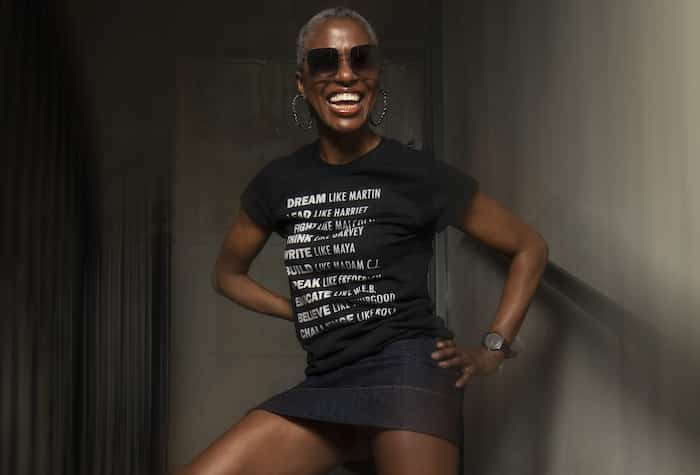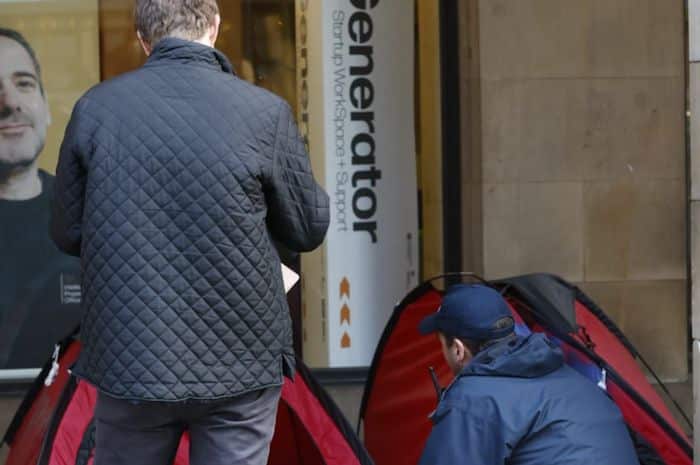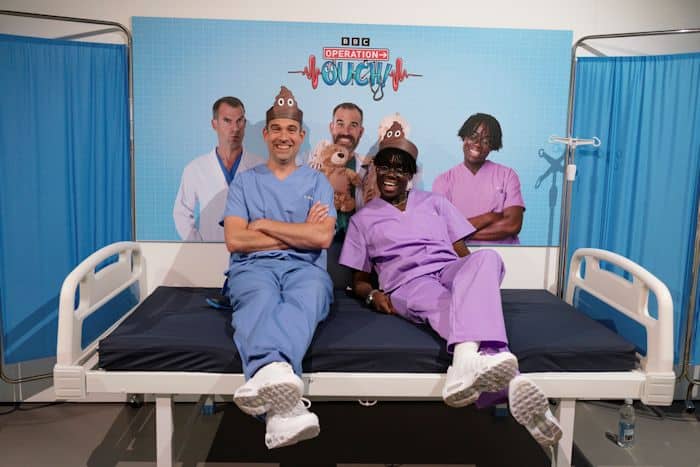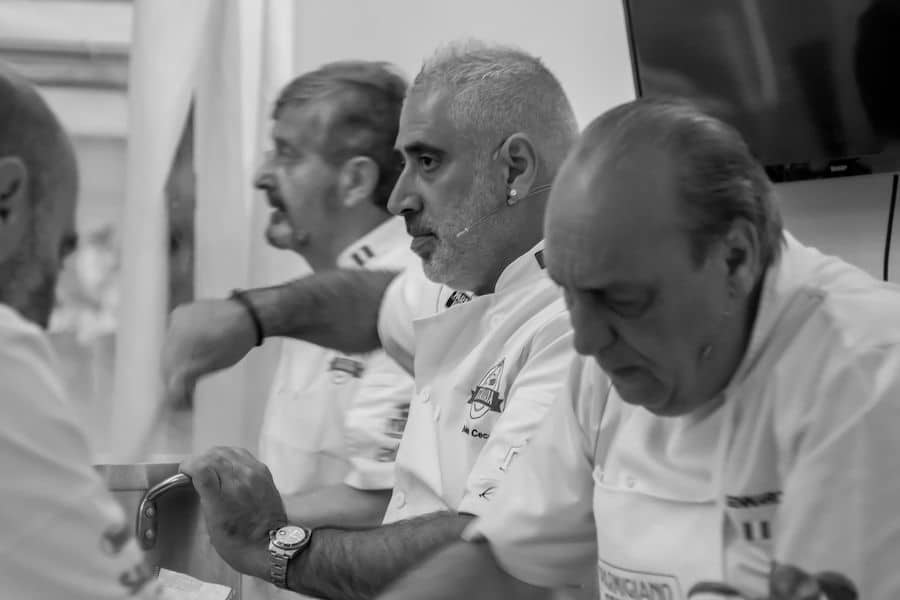Missguided, or just misguided? Viewers react to fast fashion brand’s new C4 documentary
- Written by Georgina Pellant
- Last updated 4 years ago
- Fashion & Beauty, TV & Radio

Channel 4 has just dropped a new four-part documentary on Missguided, that presents Manchester as the “empire of fast fashion.”
Titled Inside Missguided: Made in Manchester, the show focuses on what life is like for the “229 badass bitches” who work at the fast fashion brand’s offices in Salford, Greater Manchester.
Since the first episode aired last week, the reality TV-style series has been criticised by viewers online as being overly ‘selective’ when it comes to disclosing the manufacturing conditions Missguided’s clothes are made in.
There’s plenty of talk about how the women in its offices are supposedly empowered, with editors taking care to shove the crass soundbite “we drink pints and we swear and we get our tits out if we want to because we’re empowered” into the start of every episode.
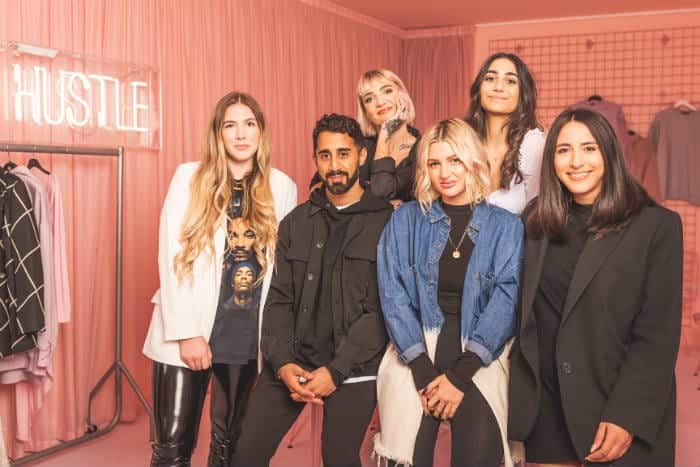
Problematic notions of empowerment aside – what about the predominantly young and female workforce who actually make their clothes? Considering that of the 74 million garment workers worldwide, 80% are women of colour, you’d think it’d be high up on their ’empowerment’ list.
In some areas of the series, the brand makes an effort to be candid; talking about its huge £26 million pound loss in 2018 and showing off the details of a £350k proposal to Love Islander Molly-May Hague (which, viewers scoffed, included a Range Rover she couldn’t even drive).
We are led past shouty neons and through an office ‘selfie tunnel’ by 28-year-old Heywood lass and senior creative Treasure, who fronts a lot of the new show and seemingly epitomises the cool, bad girl image the brand wants to portray of itself.
Tellingly, though, real garment workers are missing from this documentary series as a whole.
‘ I made that’… no you didn’t love. Some poor woman earning less than the minimum wage in shit working conditions did. You still proud? #missguided
— Beki1412 (@beki1412) August 12, 2020
Throwaway references in the first episode give us a heads up that the brand is using suppliers in China and Pakistan, but no real details are given on the conditions in these factories nor the amount of Missguided merchandise that is shipped in from abroad.
Moreover, what we do get to hear is not necessarily encouraging. In episode one, buyer Shelley is shown haggling a supplier down on zips from 75p to 40p and, at the request of CEO Nitin Passi, pushing them down on lead times – two big red flags when it comes to garment makers’ working conditions.
I know, right?! Can you imagine what the garment workers making your clothes would think of it! #InsideMissguided
— Lauren Collier (@LaurenCollier) August 12, 2020
Episode three makes an attempt at showing their manufacturing process standards when cameras follow corporate social responsibility manager Ashish around as she assesses a factory in Leicester to become a potential supplier.
But, despite acknowledging that suppliers for Missguided (alongside competitors Boohoo) were caught out by Channel 4’s Dispatches programme paying packers in the city just £3.25 per hour in 2017, it doesn’t show this audit in much detail.
Given the fact that competitor Boohoo has just been in the news again with another slave labour scandal in Leicester, many viewers feel they are entitled to ask for a bit more transparency and have been left unimpressed.
Taking to social media to vent their frustration with the brand’s depiction, one viewer tweeted: “Strange PR decision from Missguided. If anything it’s put me off buying anything from anyone ever again”
Whilst another, in response to a tweet from Missguided asking “can we all just take a minute to appreciate Nitin’s apartment,” replied “I know, right?! Can you imagine what the garment workers making your clothes would think of it!”
I know, right?! Can you imagine what the garment workers making your clothes would think of it! #InsideMissguided
— Lauren Collier (@LaurenCollier) August 12, 2020
For those who have watched the whole series and are still wondering how Missguided ranks on the ethical fashion scales, the brand currently has a “Not Good Enough” or very poor rating from fashion ethics aggregator Good On You – which look at brands’ impact on workers across the supply chain, policies to address energy use, carbon emissions and animal welfare.
Admittedly, this rating was last updated in April 2019 – but given the lack of transparency in this latest documentary it seems that viewers are on the money to be suspicious as to how ethical and ’empowering’ the fast fashion brand really is.
Did we miss something? Let us know: [email protected]
Want to be the first to receive all the latest news stories, what’s on and events from the heart of Manchester? Sign up here.
Manchester is a successful city, but there are many people that suffer. The I Love MCR Foundation helps raise vital funds to help improve the lives and prospects of people and communities across Greater Manchester – and we can’t do it without your help. So please donate or fundraise what you can because investing in your local community to help it thrive can be a massively rewarding experience. Thank you in advance!
Got a story worth sharing?
What’s the story? We are all ears when it comes to positive news and inspiring stories. You can send story ideas to [email protected]

Review: Rambert Death Trap at The Lowry is ‘not just a dance performance’

A major new exhibition inspired by SIX The Musical is coming to The Lowry

Plans to build new family homes next to waste recycling company approved

Worker Bee: Meet Katie Zelem, the captain of Manchester United
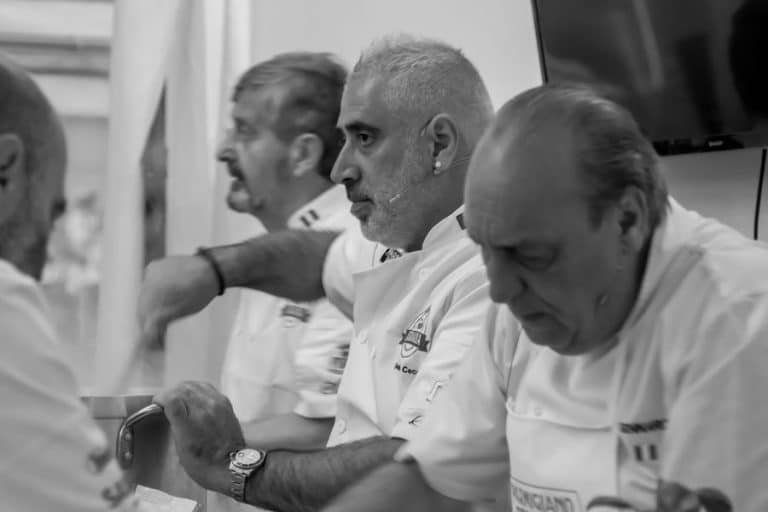
Worker Bee: Meet Maurizio Cecco, the founder of Salvi’s and Festa Italiana
